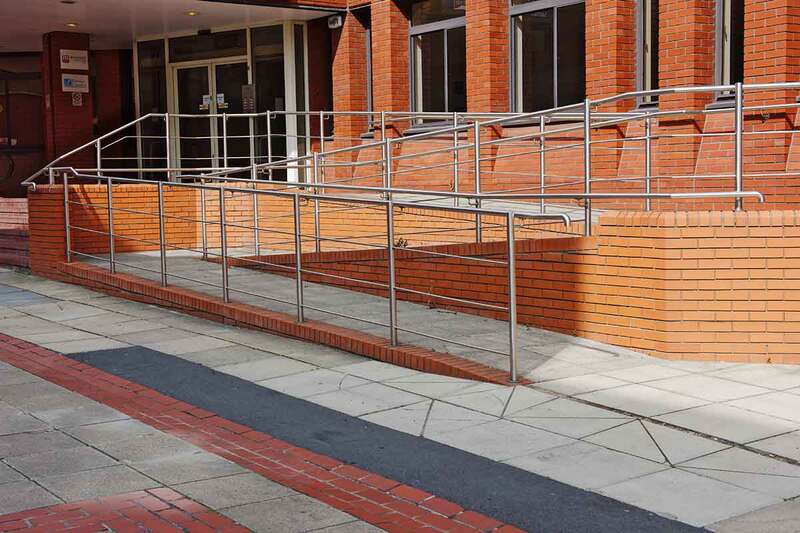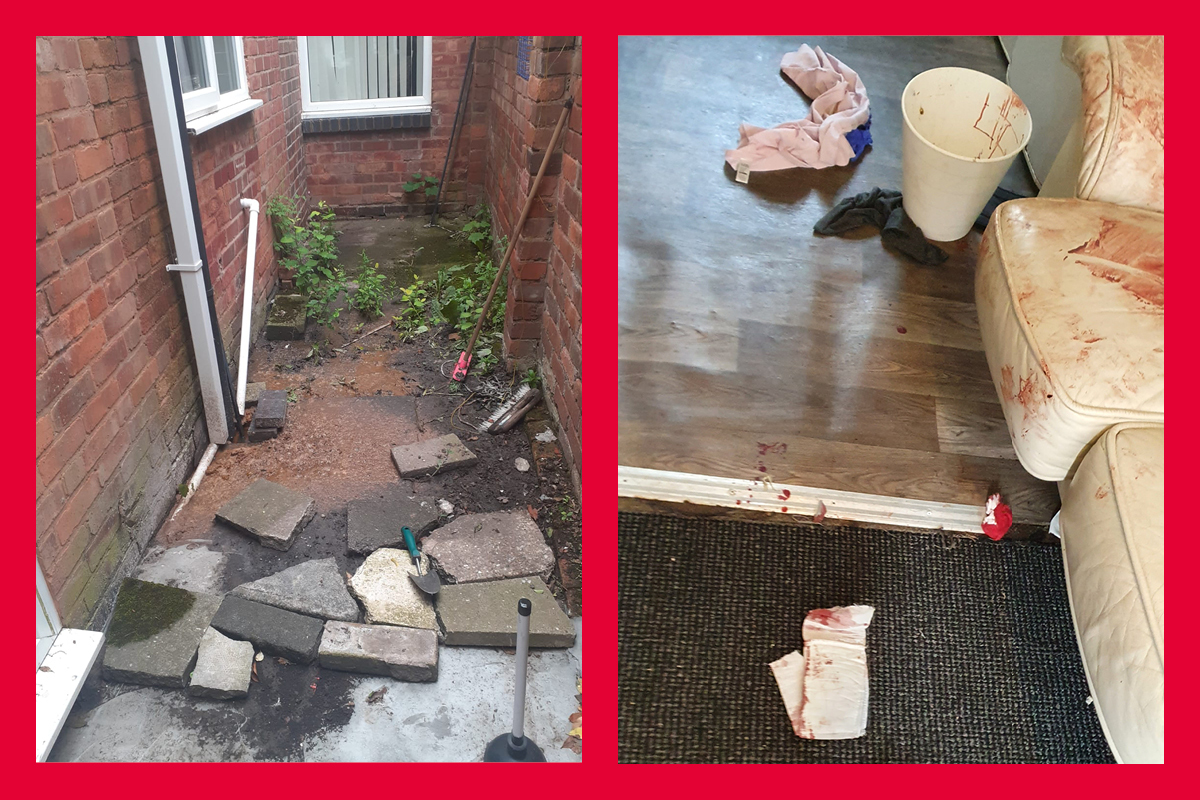You are viewing 1 of your 1 free articles
Supported housing sector may need to double by 2040 to tackle ‘unmet’ demand
An extra 641,000 units of supported housing could be needed over the next 15 years to tackle demand, a new report has found.

The government-commissioned report said that the supported housing sector will need grow to between 995,600 and 1.275 million units by 2040 “if current demand and unmet demand is to be met”.
Currently there are 634,000 units of supported housing in England, Scotland and Wales, the report estimated.
Supported housing has risen up the political agenda in the past few years amid increased scrutiny of housing standards and the finances of providers.
A year ago, following an inquiry, the chair of parliament’s Public Accounts Committee concluded that the sector needed “root-and-branch” reform.
The sector provides accommodation for disabled people and people with a range of support needs. This includes individuals experiencing homelessness, domestic abuse victims, people with drug and alcohol issues, prison leavers, refugees and asylum seekers, and veterans.
The new study, carried out by Sheffield Hallam University’s Centre for Regional Economic and Social Research, said that an extra 310,800 units would be needed for working-age adults by 2040. It also concluded that up to 963,800 would be required for older people.
In terms of costs, the report warned that providers of supporting housing have raised concerns about higher spending on energy, insurance, maintenance and staffing.
“For some charitable providers the increase in financial pressures when funding does not keep pace with rising costs creates a financial risk to their long-term viability as supported housing providers,” the report said.
A string of supported housing providers, who were tenants of beleaguered real estate investment trust (REIT) Home REIT, have fallen into administration in the past 18 months. The firm itself racked up a pre-tax loss of £475m.
The new report also pointed to issues with staffing at supported housing providers.
“Maintaining staffing ratios to ensure the safety and well-being of residents and staff as well as quality of service provided is a key issue,” it said. “The inability to fund the costs of 24-hour supervision required in some settings is of particular concern.”
Support for disabled people requires the highest level of funding, the report said. An average of £919 per week, or £47,788 per year, per unit of provision is needed for those with a learning disability and autistic people, the report found.
In the report’s introduction, it said: “The government is committed to ensuring a sustainable supported housing sector which enables vulnerable people and those with disabilities to live as independently as possible within the community.”
It added: “The government also needs to ensure the system delivers value for money.”
The report was commissioned by the Ministry of Housing, Communities and Local Government and the Department for Work and Pensions. It included interviews with council staff, NHS and integrated care boards, and supported housing providers.
Sign up for our care and support newsletter
Already have an account? Click here to manage your newsletters











